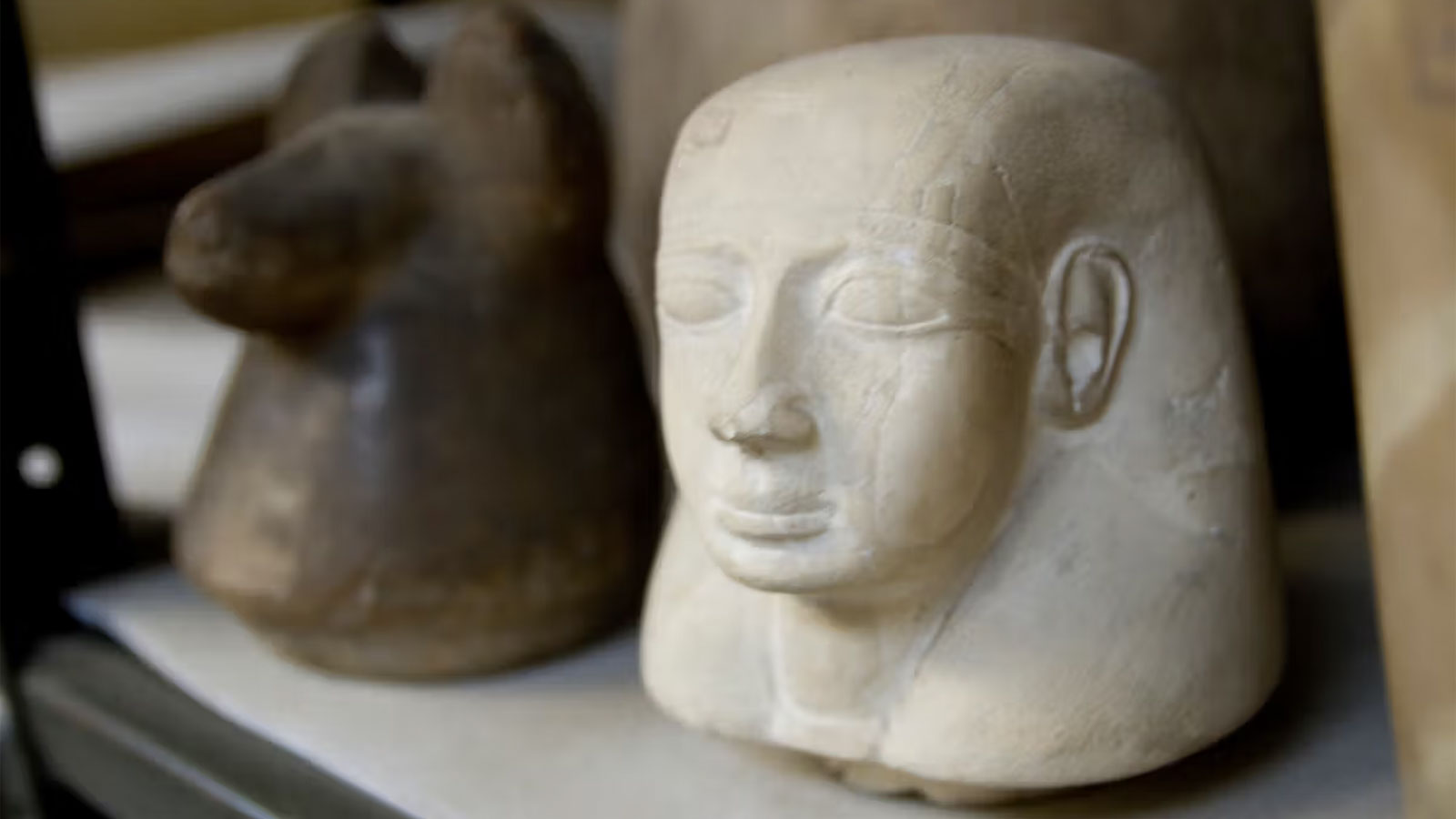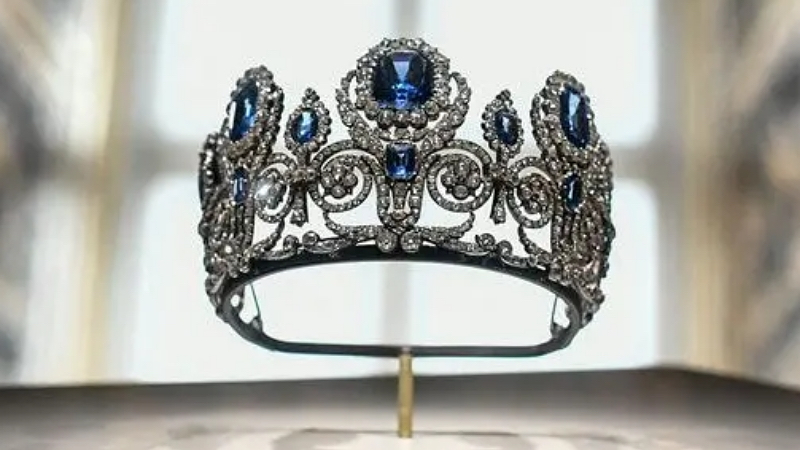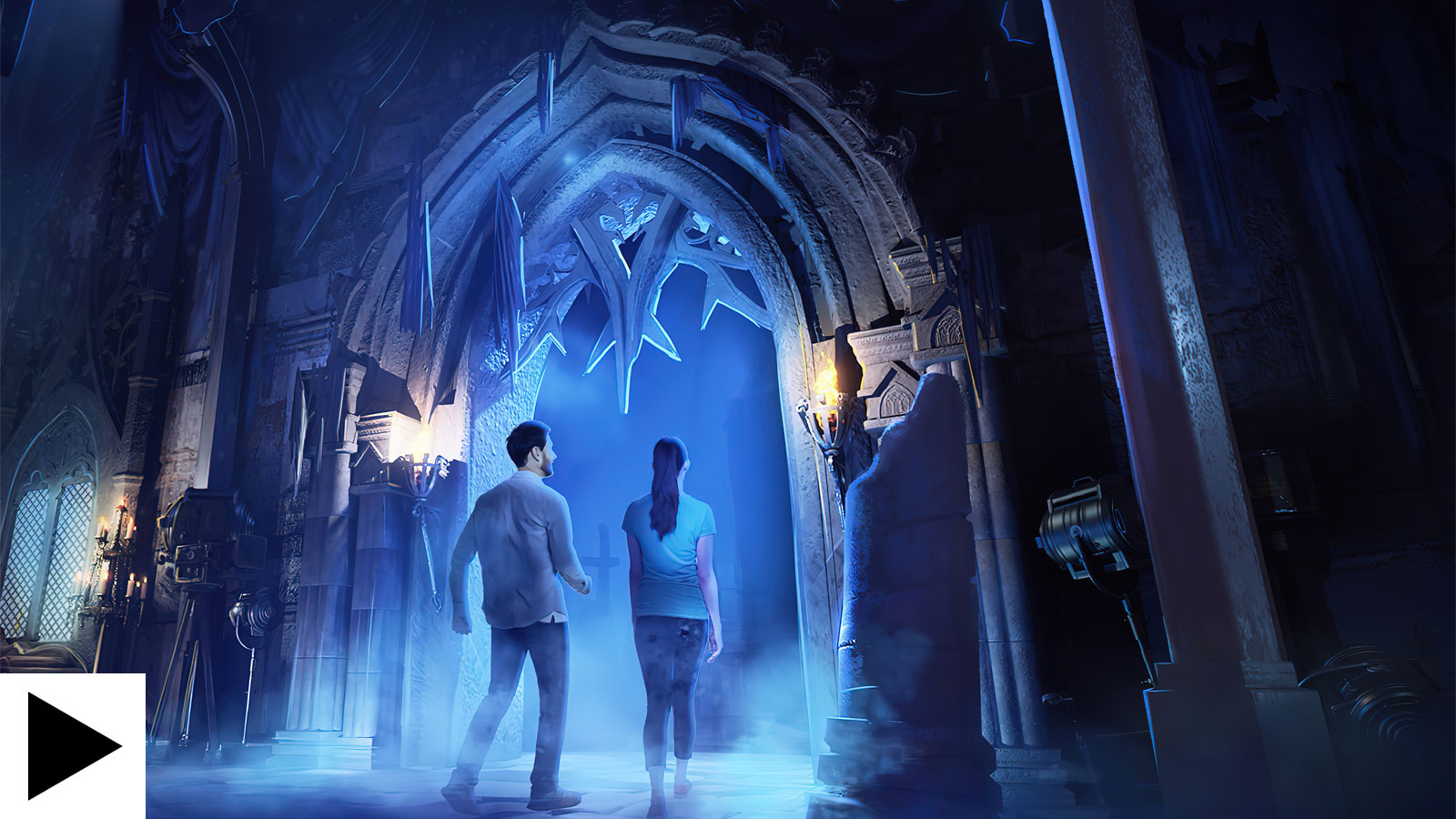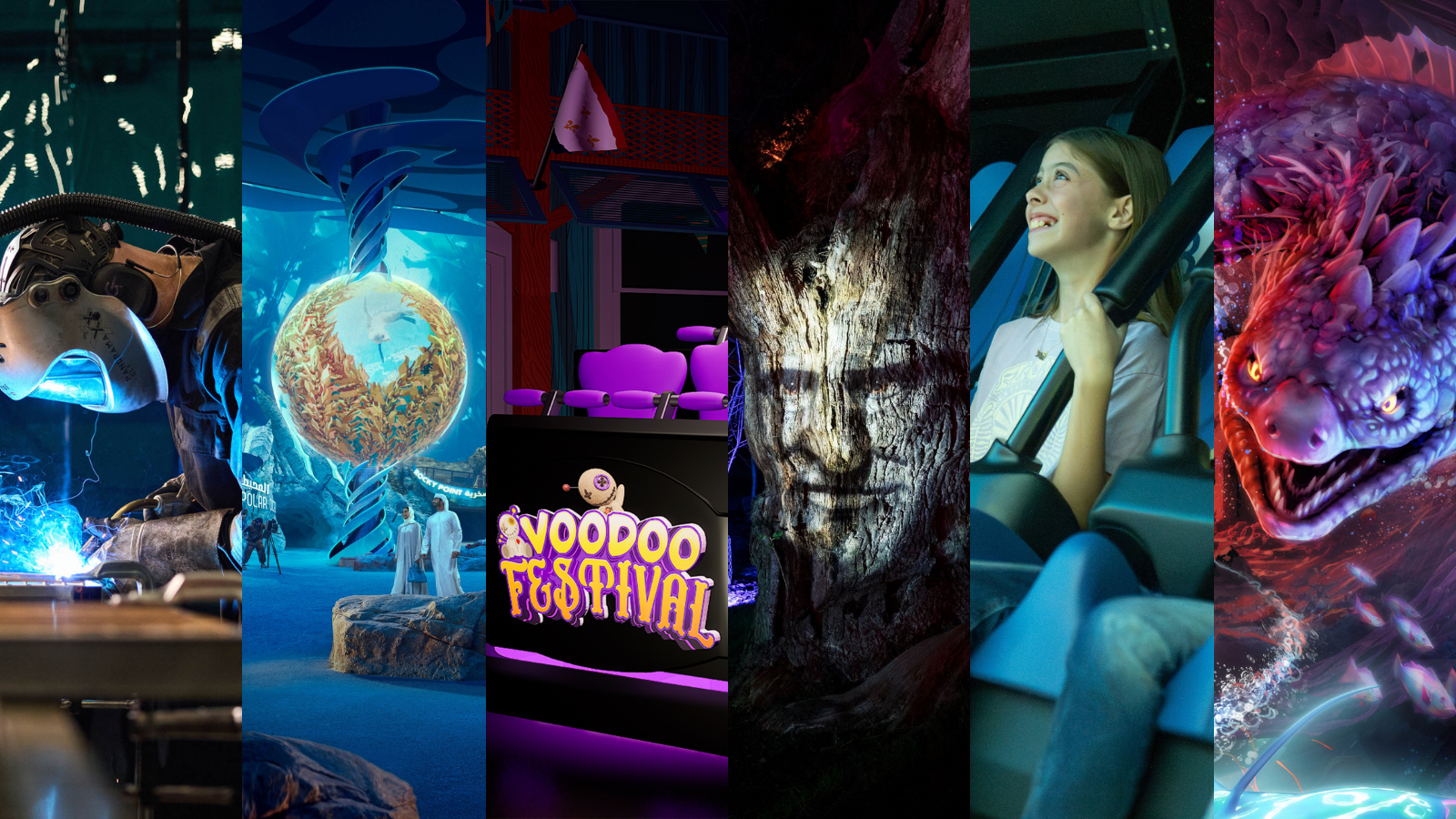|
A new study will review the collections and practices of 450 US cultural institutions to establish a groundwork of ethical collections across the US

Lauren Heath-Jones | Planet Attractions | 08 Nov 2024

 The launch of the M2A Project comes amid industry-wide calls for the repatriation of looted antiquities Credit: Penn Museum The launch of the M2A Project comes amid industry-wide calls for the repatriation of looted antiquities Credit: Penn Museum
Penn Cultural Heritage Center, part of Penn Museum in Philadelphia, US, has launched a new study that will examine the collecting practices and policies at almost 500 US museums, in a bid to establish a groundwork for ethical museum collections.
Dubbed the ‘Museums: Missions and Acquisitions Project’, (The M2A Project), the three-year study will review the collections and practices of 450 US cultural institutions in order to identify current standards, create a culture of transparency and accountability in the sector and establish a framework for museums to model their future practices.
The project comes during a time where there are industry-wide calls for the repatriation of looted antiquities.
The study is supported by a US$1.1m (€1m, £848,000) National Leadership Grant from the US’s Institute of Museum and Library Services (IMLS). It will include one-on-one interviews, workshops with museum stakeholders, and audits of existing records, including tax documents.
Project officials also plan to publish their findings online by 2027 and will host panel talks advising those in the cultural sector on strategy implementation.
It’s hoped that the project will also inform future studies on how institutions can promote ethical collecting by working together, as well as the impact issues such as repatriation, looted objects and unethical collections have on the cultural sector as a whole.
“US museums have historically acquired objects that were removed from these countries illegally or through pathways now considered inequitable,” said Richard M. Leventhal, executive director of PennCHC and principal investigator for the M2A Project.
“The M2A Project is asking a very simple set of questions about these types of objects: Are US museums still acquiring them? And if so, why? Recent seizures of looted property and calls to decolonise collections force us to reconsider whether acquisitions best serve the missions of museums and the interests of their communities.”
Brian I. Daniels, director of research and programmes at PennCHC, added: “It’s time for us to push forward on research that takes stock of collecting practices and plants the seed for the transformations that’s required by the sector.
“The question we hear most often from colleagues is how to get organisations to have uncomfortable conversations. These conversations may be happening internally, or at a philosophical level externally, but they are not happening in a way to evolve as a field. This project isn’t to create ‘gotcha’ moments, but rather to recognise that museums are at an inflection point.”
Penn Museum director, Christopher Woods also said: “The M2A Project will provide much-needed information about collection practices that will serve as a future guide to help these museums address the cultural heritage in their care in a more ethical manner.”
Museums and galleries
|
|






Supplier Showcase 2025: The biggest attractions projects landing worldwide this year
|